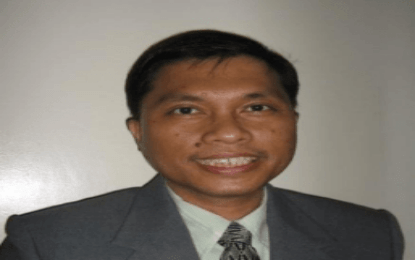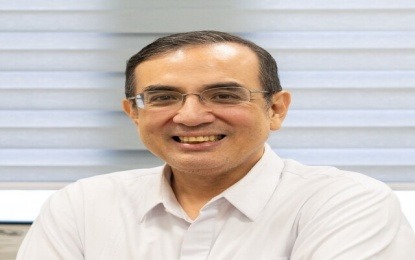OBLIQUE OBSERVATIONS
By Atty. Gilberto Lauengco, J.D.

These days, social media is abuzz about the topic of corruption. You can’t open your various social media accounts without seeing someone a) rant against corruption in general; b) post stories or memes about alleged corrupt officials and contractors; or c) discuss the topic of the so-called nepo babies. The collective rage and vitriol against alleged corrupt officials and contractors are so palpable these days.
Despite all the anger, many are asking what can actually be done about corruption. Some people have resorted to naming specific individuals of performing corrupt practices. Unfortunately, pointing fingers at specific individuals without proof can lead to possible legal consequences. Some people are looking at the events in Indonesia and are wondering if rioting and targeted destruction can be an option. Again, inciting violence and actually doing violence may lead to extreme legal liabilities, especially when violence ends up physically harming someone.
There are actually more concrete and legal steps available to ordinary citizens if one truly wishes to join the fight against corruption.
First of all, one needs evidence. With today’s technology, this is actually now easier. Officials or their kin, nowadays, actually flaunt lavish lifestyle that cannot be possibly supported by their declared income. You can actually report your corrupt official neighbor or acquaintance for unexplained wealth to the Office of the Ombudsman, either through an actual complaint or a simple letter. If you feel that a government project is so shoddy or not worth the money spent on the same, you can send a complaint to the 8888 Citizens’ Complaint Center via SMS or message their website. You can also send an email or complaint to the Department of the Interior and Local Government (DILG) if the official involved is a local government official. If you do wish to follow through on these actions, one will have to invest time and effort. Unfortunately, many cases against officials end up dismissed because complainants lose interest or lose steam.
It is recommended that one read up on the Anti-Graft and Corrupt Practices Act or Republic Act 3019. It is not a difficult read, and even non-lawyers can quickly learn how officials can be charged under this act. Actually, other than corrupt acts, public officials can be charged for negligence, abuse of authority, and many other related actions. People should realize that public officials are actually vulnerable to cases. This is why I always marvel at how some officials can foolishly believe that they can get away with acting arrogant. Officials are actually one letter or phone call away from being removed, losing their benefits, or ending up in jail so long as the requisites are present.
Of course, people often cite lack of time or fear for their safety as their main concerns. As such, joining anti-corruption groups or movements can be a better option for crusading individuals. Other than safety in numbers, resource pooling is easier in a group. For cases against local officials or congressman, one can always go to their possible political opponents, who will be more than motivated to carry the cudgels for one’s crusade. There are also crusading media personalities who can assist any group in these endeavors.
In the end, if you truly believe in fighting corruption, then get off your chair and go out and do something about it.




